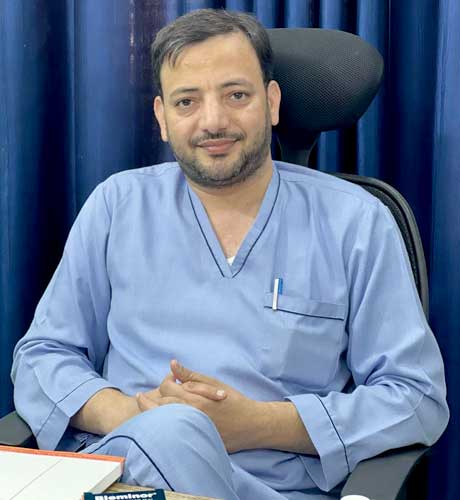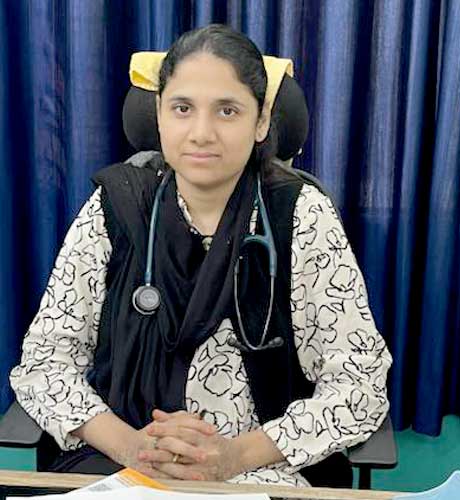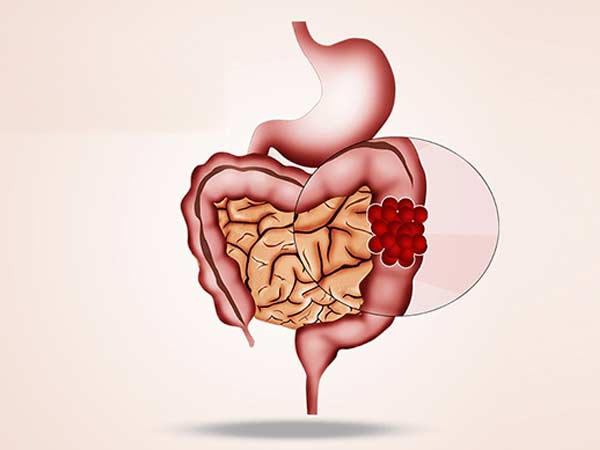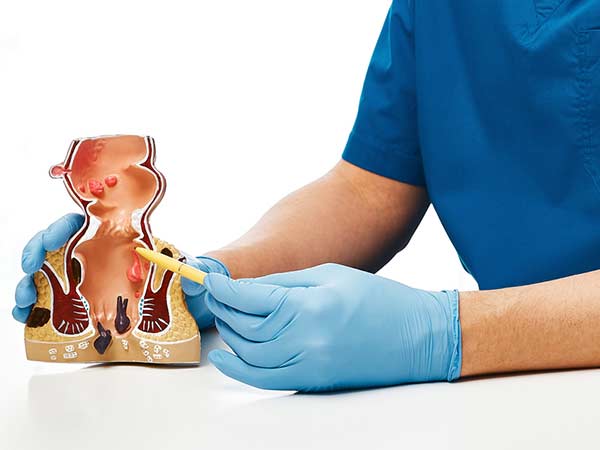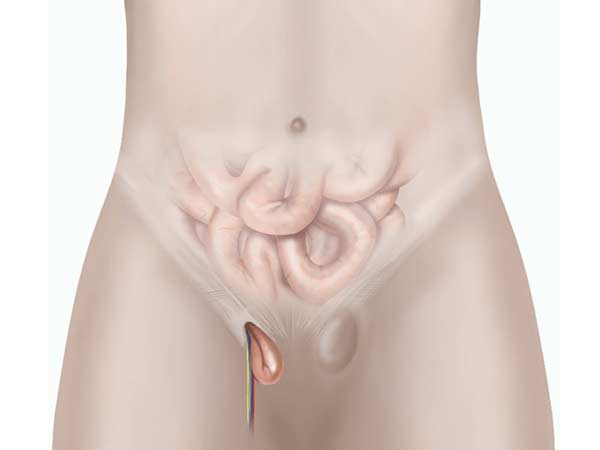What is gastric bypass?
The Gastric Bypass Operation or Gastric Bypass Surgery is a technique that is performed by laparoscopy.
It consists of a reduction in the volume of the stomach creating a “short circuit” so that the food goes directly from the reduced stomach to the end of the intestine, “bypassing” a large part of the intestine to prevent the absorption of food.
How does Gastric Bypass work?
According to the survey carried out by the IFSO (International Federation for Surgical Obesity), gastric bypass is the most widely used technique to treat obesity given its great long-term efficacy.
This surgery generates an anatomical modification of the digestive system allowing obesity to be treated definitively and successfully.
Through the laparoscopic Gastric Bypass technique, only a small stomach is left that joins directly with the small intestine. Thanks to this, food does not pass through a large part of the small intestine, so the absorption of calories and nutrients is greatly reduced.
In addition, and naturally, the appetite decreases and the feeling of fullness arrives much earlier due to the small size of the stomach and the effect of the bypass. This is a complementary way of reducing weight by reducing the volume of food eaten.
These two mechanisms, both the fact that the absorption circuit is much shorter, and the fact that the volume of food ingested is considerably reduced, make gastric bypass one of the most effective techniques for weight control. long term and it is for this reason that it is widely accepted by most surgeons.
In which cases can a gastric bypass intervention be performed?
The gastric bypass technique is indicated for those people who have a Body Mass Index greater than 40 (BMI or body mass index is obtained by dividing weight by height squared).
It is also a technique indicated in cases of body mass index above 35 if there are associated risk factors such as hypertension, sleep apnea, heart disease or diabetes.
What does the procedure consist of?
The use of laparoscopy allows recovery after the intervention to be very fast and with little pain. The intervention lasts approximately between 2 and 4 hours and a recovery of 2 to 3 days.
A specific diet after the operation is necessary during the first month or month and a half to then start with a normal life.
What are some of the advantages and disadvantages of gastric bypass?
This bariatric surgery technique has pros and cons compared to others; we are going to list some of them.
ADVANTAGE
- With gastric bypass, the average weight loss is much higher than other procedures (between 60% and 70% of excess weight), such as gastric banding or vertical gastrectomy (gastric sleeve). It is also much faster if you follow the medical instructions on the diet to follow.
- Obesity – related diseases, such as type 2 diabetes, hypertension, gastroesophageal reflux, or sleep apnea, can begin to improve even before weight loss.
- Bypass is a reversible procedure. That is, it can be reoperated to return to the initial state. This does not happen with the gastric sleeve, which is irreversible since a part of the stomach is removed).
- Patients who undergo gastric bypass are able to greatly improve their quality of life and have very good health in general.
DISADVANTAGES
- The surgery requires more experience and technical skill than with the gastric sleeve or other procedures. However, the postoperative period is similar to other procedures, being a process with little pain and simple.
- Being a restrictive and malabsorptive technique, the ability to absorb some nutrients such as iron or some vitamins is selectively reduced. Because of this, the patient must take vitamin supplements for life.
- The patient will need to follow a diet low in sugar, simple carbohydrates, or starch. This is because these foods can give you dumping syndrome (sudden drops in blood sugar that cause dizziness and discomfort).
- Before any bariatric surgery, a detailed psychological evaluation must be carried out. It is important to detect if there is an anxiety disorder that the patient compensates with binge eating. If left untreated, the patient may develop a transfer of this “food addiction” to something else such as alcohol or drugs.
Finally, the important thing is that you put yourself in the hands of a team of specialists with a lot of experience. They will know which technique best suits your needs and will help and accompany you throughout the process. Go for it!

